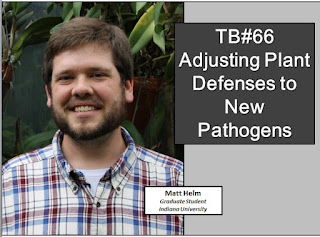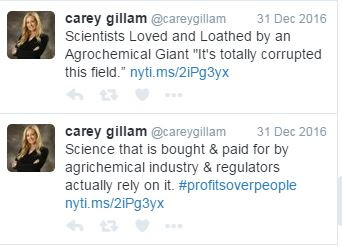It is heartwarming to see a little discontent inside scientific community. To those of us with careers in the discipline, the daily assault on reason is part of the experience, and the scourge of fake news and evidence denial are well known. We’ve watched it for decades with the frustration that empirical evidence and inconvenient truths were cast aside in policy discourse and public discussion, propagated by a complicit media. Willful ignorance has spawned a hot planet, expensive ballot initiatives for warning labels on safe food, calls to teach about a 6,000 year old planet in science class, and outbreaks of diseases long believed to be defeated. And that’s the tip of a melting iceberg. Scientists, nice to see you raise a fist, but think before you fight. Scientists themselves have even ventured into the public discussion only to be falsely maligned everywhere from crank websites, to conspiracy radio shows, to the Old Gray Lady herself. The outrage ...








